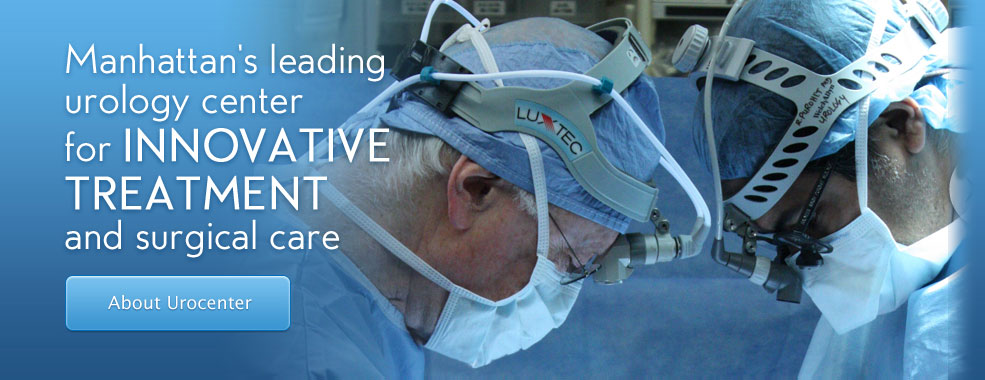Jerry G. Blaivas, MD, FACS
Dr. Blaivas is a world-renowned urological expert, surgeon, distinguished author, educator, and medical pioneer. He was one of the founders of urodynamics and established many of the current surgical procedures used to correct stress incontinence, urinary fistulas, urethral diverticulum, overactive bladder and neurogenic bladder.
He is also one of the few surgeons who routinely performs reconstructive surgery for prolapse and incontinence without the use of mesh. His success in this area has led him to publishing one of the largest series in the world on treatment of mesh complications.
Dr. Blaivas possesses decades of experience providing urology care to some of the most complex cases ever encountered, bringing academic and research-based modernization to the clinical forefront. His research in developing new medical techniques has become the standard in patient care, including breakthrough treatments and research in:
- Mesh complications
- Radiation complications
- Autologous Slings
- Natural Tissue Repairs
Dr. Blaivas was recently honored by the Canadian Journal of Urology as one of their Legends of Urology. Read the article >
Schedule an appointment online or call Dr. Blaivas today at (646) 205-3039 to schedule a confidential consultation.
Insurance Information
Dr. Blaivas does not participate with private insurance plans. He is considered an “Out of Network” physician, which means that payment in full is expected at the time of the visit and you will be reimbursed directly according to your insurance plan. As a courtesy, we offer to complete and mail claims on your behalf and assist you in obtaining timely reimbursement.
About the Uro Center of New York
At the Uro Center of New York, we combine clinical and academic excellence in a private practice setting. For over twenty years, our staff has been committed to diagnosing and treating people with bladder and prostate conditions. Our services include the use of state-of-the-art video urodynamic equipment and a custom-designed computer system that assists our physicians in ensuring an accurate and prompt diagnosis.





 Urologic Problems in Men
Urologic Problems in Men Urologic Problems in Women
Urologic Problems in Women